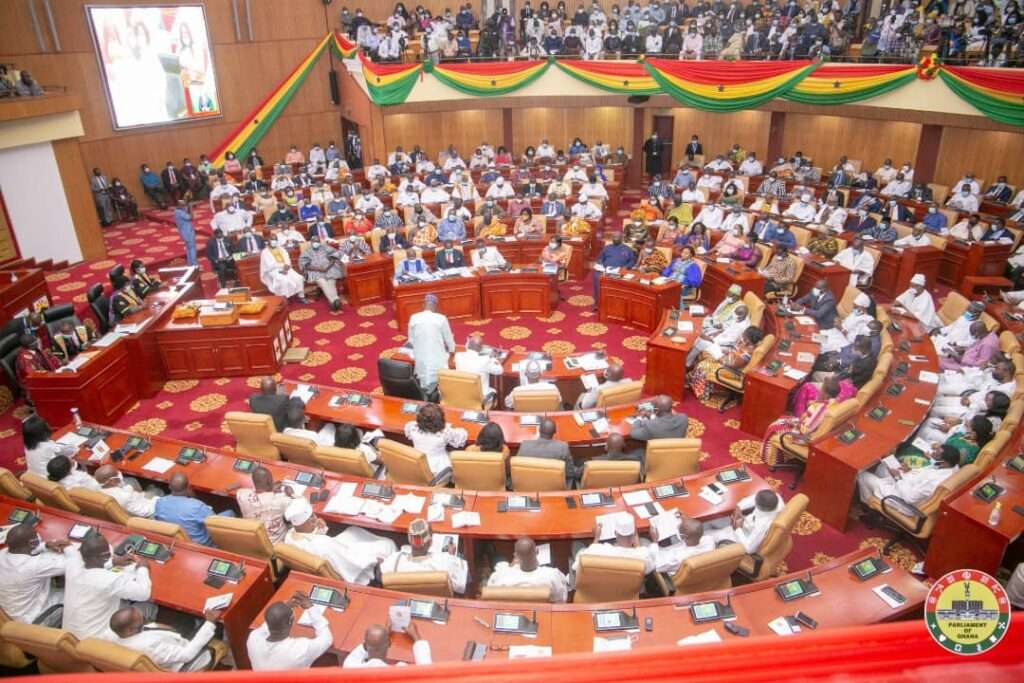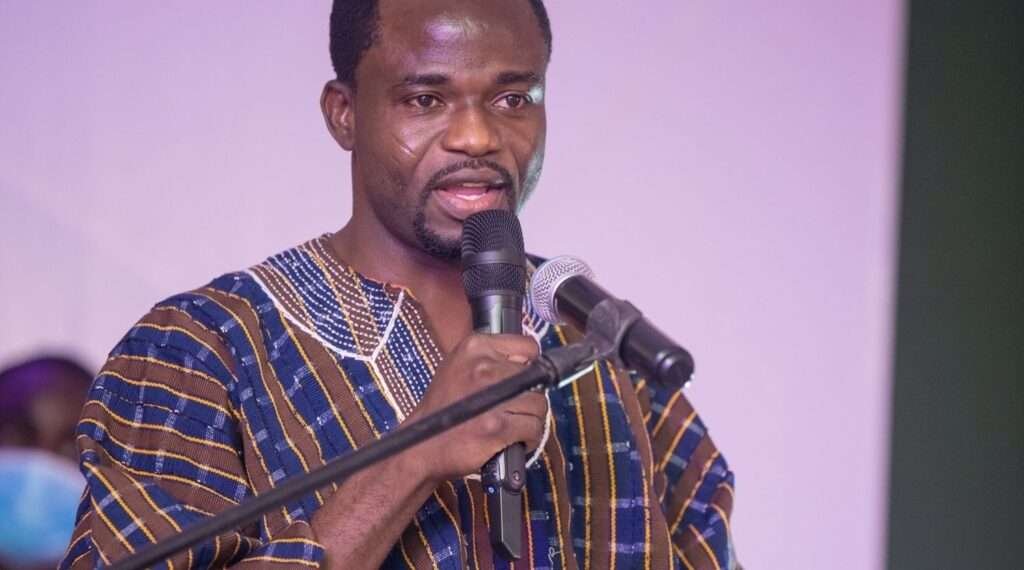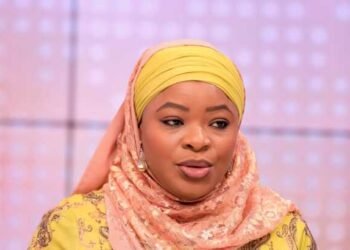Award-winning investigative journalist Manasseh Azure Awuni has raised concerns over the increasingly partisan approach to parliamentary representation in Ghana, calling it detrimental to both parliament and the country’s democracy.
Manasseh emphasized that while Members of Parliament (MPs) may be elected under a party banner, they represent their entire constituency, not just the party faithful.
“In past elections, I voted for NDC and NPP parliamentary candidates. I wasn’t a member of their parties. Not everyone who votes for a candidate supports the candidate’s party.
“Even if all MPs are in parliament because only their party members voted for them, they represent the entire constituency, not their party members”.
Manasseh Azure Awuni, an award-winning Investigative journalist
This distinction, he argued, is critical as MPs are expected to pass laws, approve loans, and scrutinize executive expenditures in the interest of Ghana as a whole, not solely to further their party’s agenda.
He contended that making MPs beholden only to their parties diminishes their role as public servants, tasked with acting in the national interest.
Speaker Oquaye Precedent
At the heart of his argument is the controversial precedent set by former Speaker of Parliament, Mike Oquaye, who expelled the Fomena MP, Andrew Amoako Asiamah, from parliament in 2020 after the latter decided to contest as an independent candidate in the general elections.
“Speaker Mike Oquaye set a wrong precedent when he expelled the Fomena MP in 2020,” Manasseh noted, expressing concern that this action could have a chilling effect on MPs who wish to exercise independence or challenge party lines in the future.

Fragility of Ghana’s Parliamentary System
Manasseh’s argument shines a spotlight on the fragility of Ghana’s parliamentary system, which he believes is being eroded by party loyalty at the expense of national interest.
“Expelling MPs because of their intention to contest as independent candidates would make MPs dummies. They would support everything their party wants. It weakens parliament and our democracy”.
Manasseh Azure Awuni, an award-winning Investigative journalist
He explained that a party could manipulate this situation to punish MPs who prioritize national interests over party priorities. MPs, he argued, could be sabotaged in both internal primaries and national elections if their stance conflicts with the parochial interests of their party leadership.
This, he said, raises a broader question: “If that MP is again punished with expulsion from the current parliament, what will be the incentive to stand firm and do what is right, even if it’s against one’s party?”
Manasseh did not mince words in his critique of the current state of Ghana’s parliamentary democracy.
He believes that the environment in parliament has created “mindless robots” out of MPs, who, despite being elected to represent their constituencies, often feel compelled to support their party’s decisions, even if those decisions run counter to the interests of Ghana.
“While writing ‘The President Ghana Never Got’, I interviewed both NDC and NPP MPs, and they complained that MPs in Ghana do not have independent minds. They either have to go with the flow of their party or risk losing the next primaries or election”.
Manasseh Azure Awuni, an award-winning Investigative journalist
According to Manasseh, this deeply entrenched practice of partisan allegiance is corroding Ghana’s democracy. “An MP’s decision on how he or she intends to contest the next election should not deprive them of their position in the previous election,” he stressed.
The expulsion of MPs for expressing independent political ambitions, he insisted, sets a dangerous precedent that “will do our parliament and democracy more harm than good.”
Manasseh’s analysis points to the need for a more nuanced understanding of parliamentary representation in Ghana, one that allows MPs to serve their constituencies and the nation without fear of retribution from their political parties.
The current trend, he argued, undermines not only the independence of MPs but also the overall health of Ghana’s democracy, weakening its ability to address national challenges with the urgency and integrity they deserve.
Manasseh’s warning serves as a clarion call for reflection on the role of MPs, the influence of political parties, and the future of democratic governance in the country.
READ ALSO: IEA Opposes Newmont’s Akyem Gold Mine Sale to Chinese Firm




















